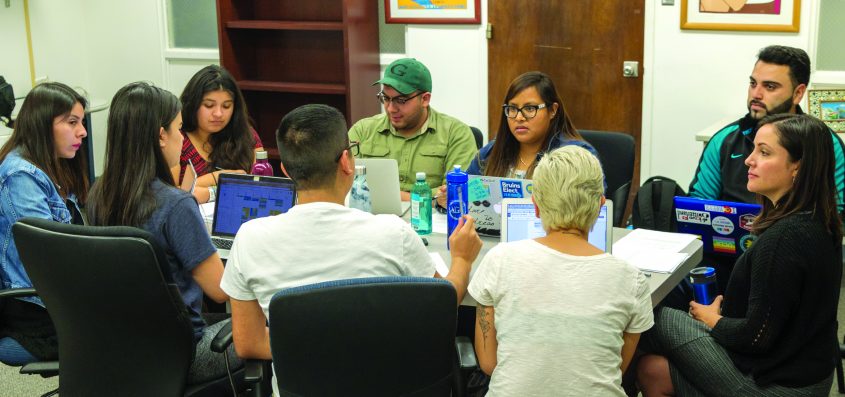
Amplifying the Voice of Latinos Latino Policy & Politics Initiative at UCLA Luskin fills a critical research gap and provides a think tank around political, social and economic issues
By Les Dunseith
The new think tank at UCLA known as the Latino Policy & Politics Initiative (LPPI) has moved quickly to bring together scholars and policymakers to share information that can help political leaders make informed decisions about issues of interest to Latinos.
One of the goals of LPPI, which received its startup funding from the UCLA Luskin School of Public Affairs and the Division of Social Sciences, is to provide better access to information to help leaders nationwide craft new policies.
“It is impossible to understand America today without understanding the Latino community and the power that it wields. And this institute is going to do that,” Scott Waugh, UCLA executive vice chancellor and provost, told the crowd at the official launch of LPPI in December 2017.
Representatives of the UCLA Luskin School of Public Affairs and throughout UCLA were among a crowd of about 175 people that also included elected officials, community activists and other stakeholders who gathered in downtown Los Angeles. The co-founders of LPPI — Professor of Political Science and Chicana/o Studies Matt Barreto, UCLA Luskin Dean Gary Segura and LPPI Executive Director Sonja Diaz MPP ’10 — “have a vision that reaches not just inside the School of Public Affairs but reaches out across the campus in areas like health, education, science, the arts — wherever Latinos have made a difference and continue to effect change in a profound way,” Waugh said at the launch event.
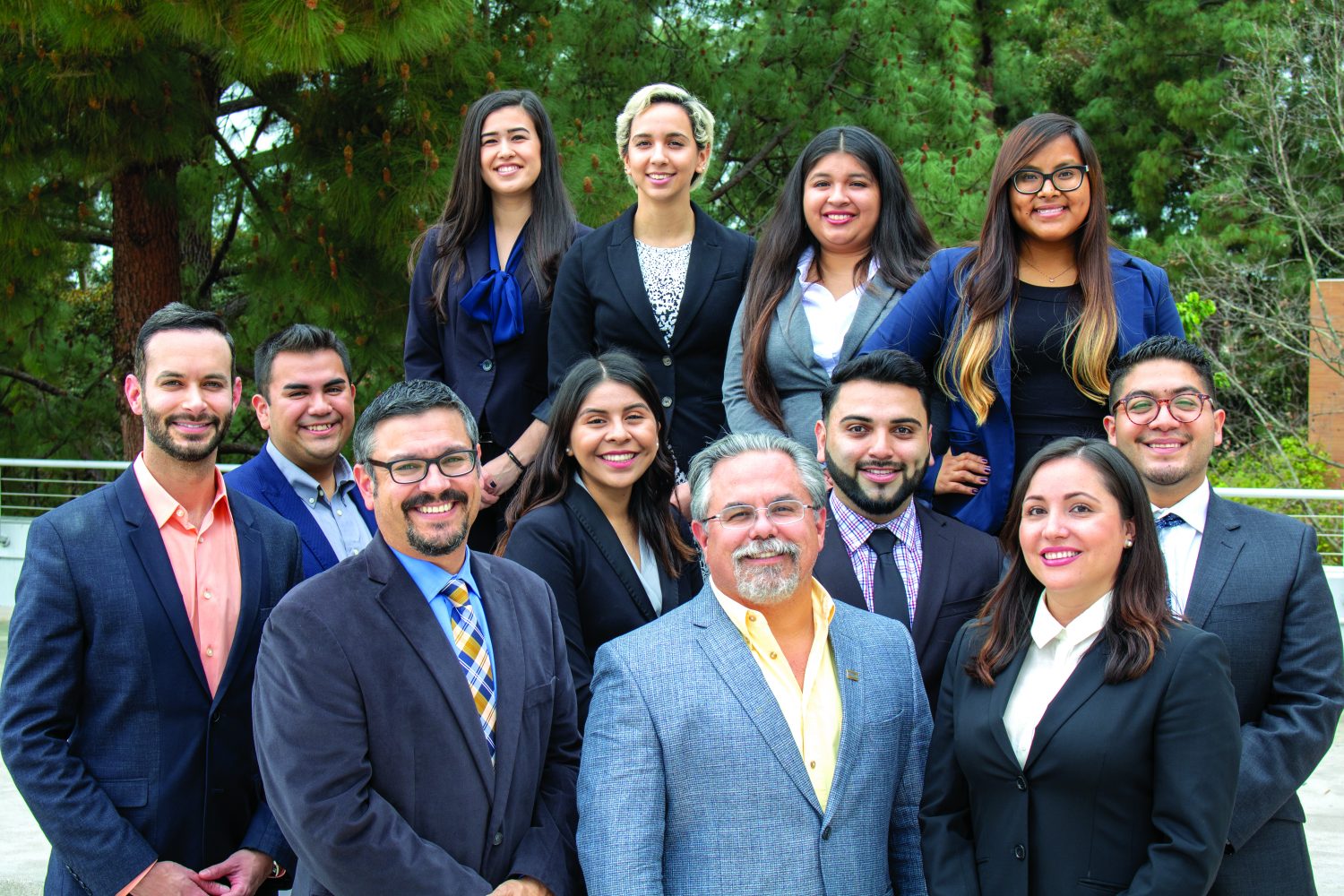
LPPI founders Matt Barreto, Gary Segura and Sonja Diaz, front row, joined with their 2017-18 student assistants for a formal portrait in March. Also on hand was Director of Development Ricardo Quintero, far left. Photo by Les Dunseith
LPPI works with UCLA faculty to produce research and analyze policy issues from a Latino perspective — aided by an enthusiastic and dedicated team of students from UCLA Luskin and other schools. For example, students associated with LPPI were involved in the production of two recently released reports:
- An empirical analysis of Fruitvale Village in Oakland, California, that assessed aggregate census tract socioeconomic outcomes to evaluate changes for those living there compared to those living in similar communities in the Bay Area.
- A state-by-state analysis of Latino homeownership, plus data research on national disasters and the Deferred Action for Childhood Arrivals (DACA) program for the 2017 Hispanic Homeownership Report issued by the National Association of Hispanic Real Estate Professionals (NAHREP).
Gabriela Solis, a UCLA Luskin MPP and MSW student whose focus at LPPI is on housing and displacement, provided some of the information in the NAHREP report, working from raw Census data.
“My background is in homelessness in L.A. County and extreme poverty,” said Solis, a policy fellow at LPPI. “With this research and learning about homeownership rates, and who gets to buy homes and who gets loans, it’s something that I had really never thought about too much. It’s been really interesting.”
Several students also traveled to Sacramento in February, during which LPPI visited legislators and their staffs, and presented applied policy research before the California Latino Legislative Caucus.
LPPI’s inaugural Sacramento legislative briefing included research on three policy areas: the Latino Gross Domestic Product; Criminal Justice and Bail Reform; and the impact of Social Science Research on DACA litigation.
Sofia Espinoza MPP ’18 was also a Monica Salinas fellow during her time as a student. She focused on criminal justice in her schoolwork, so joining the effort in Sacramento dovetailed nicely with her interests.
“Being on our Sacramento trip and meeting with all Latino legislators and aides, that’s really important,” Espinoza said. “The higher up you go in academia, to see people who look like you doing amazing work, I think that is really a value add for LPPI.”
LPPI Director Diaz said her student team includes a mix of graduate students like Solis and Espinoza and undergrads with an interest in public affairs and
Latino issues.
Celina Avalos, wan undergraduate student in political science, served as special projects associate for LPPI during the 2017-18 academic year.
“A lot of it does have to do with political science, what I hope to do in the future,” she said. “My main focus was never on policy. But being here in LPPI and working with [Diaz], I have gotten more passionate about it — how impactful public policy actually is.”
Diaz said the LPPI students work as a team. “For the undergrads, what is great is that they have a seat at the table,” she said. “There is integration. There is cohesive learning. We are learning from each other. The students are on the calls with the external stakeholders. They are going on these trips. They are supporting our events.”
The undergrads also see first-hand what it is like to be a graduate student involved in impactful research efforts.
“Working with the graduate students, I get to hear from them and see the work that they are doing,” Avalos said. “I have found it really inspiring seeing these Latino women — honestly, I look up to them. I see them doing their research work and think, ‘Wow, look at them.’ It has definitely changed my perspective on what I hope to do in the future.”
The inspirational potential of LPPI was an important motivation for Segura in getting the new research center underway and finding a home for it at UCLA.
Segura, who secured approval to hire additional UCLA Luskin faculty members with expertise in Latino policy, said the day-to-day work being done by LPPI helps bolster UCLA’s capacity to provide role models for its Latino students.
“I genuinely care about every research opportunity that I have with LPPI,” Espinoza said. “And it really hits close to home. It gives you an added desire to do well and a drive to succeed.”
Segura said of the LPPI students: “I have been at events with them. I have seen them present on our behalf. I have seen the product of their work. And they are doing great.”
The students fully embraced LPPI’s goal to advance knowledge about Latinos through work that actually involves Latinos themselves.
“It’s why we do what we do,” Espinoza said. “It’s motivating.”
For more information about how to support LPPI, contact Ricardo Quintero at (310) 206-7949 or by email at rquintero@luskin.ucla.edu.
A version of this story also appeared in the Summer 2018 edition of Luskin Forum magazine.

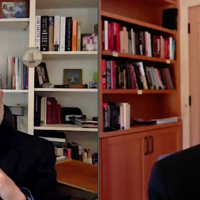
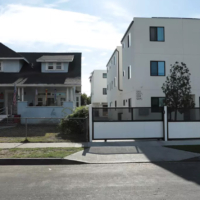

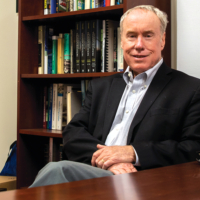



Leave a Reply
Want to join the discussion?Feel free to contribute!